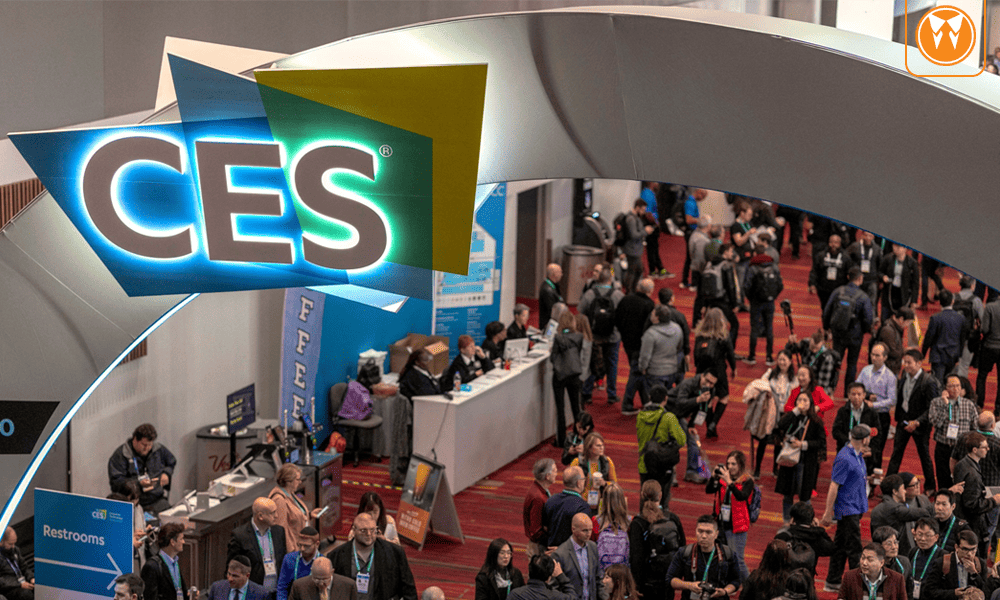The absence of major players like Magna, ZF, and Forvia from the upcoming Consumer Electronics Show (CES) 2025 has raised eyebrows within the automotive sector. The decision by these renowned companies to skip the event could signal shifting priorities and could impact the future of automotive technology showcases.
This move comes at a time when innovation and tech-centric automotive solutions are more critical than ever.
What This Means for the Automotive Sector
CES has long been a key event for automotive companies to unveil groundbreaking technologies, with manufacturers showcasing everything from self-driving cars to futuristic in-car entertainment systems. However, the choice of Magna, ZF, and Forvia to forgo participation in 2025 highlights a change in the way automotive giants approach technological exhibitions. These companies have been prominent exhibitors in past CES events, where they’ve demonstrated their innovations in autonomous driving, electrification, and digital connectivity.
Magna, a leader in vehicle manufacturing and supply, has been known for its contributions to electric vehicle (EV) platforms, autonomous driving systems, and advanced safety technologies. ZF, a global leader in driveline and chassis technology, has similarly been involved in developing the next generation of sustainable and autonomous driving solutions. Forvia, on the other hand, has been at the forefront of sustainable automotive technologies, focusing on reducing emissions and creating cleaner, smarter vehicles. Their absence from CES 2025 could signal that these companies are shifting their focus to other platforms for product launches and partnerships.
Industry Reactions to the CES 2025 Absence
The decision has sparked significant reactions from industry analysts and insiders. Some believe that the move indicates a shift towards more specialized, targeted conferences or private events where companies can better control the narrative around their new technologies. CES, despite its reputation as the premier global tech event, has seen increased competition from smaller, niche events that offer a more focused audience and specialized discussions.
Additionally, some industry experts speculate that these companies are choosing to redirect their resources towards building stronger relationships with automakers and tech firms outside of traditional trade shows. As the automotive industry moves towards greater collaboration with tech giants like Google, Apple, and even start-ups in the AI and IoT spaces, Magna, ZF, and Forvia may prefer more intimate settings where they can develop strategic partnerships.
The Changing Landscape of Automotive Innovation
As CES 2025 approaches, it is clear that the automotive industry is undergoing a transformation. The focus is shifting from mass public demonstrations to more targeted, high-impact interactions between automakers, tech innovators, and policymakers. Companies like Magna, ZF, and Forvia may see greater value in direct partnerships rather than participating in large-scale trade events.
This absence could be a harbinger of the future, where the auto industry’s relationship with technology evolves into something more tailored to specific needs and objectives. In the coming years, the focus of carmakers and suppliers may move further towards collaboration, development, and research, while big trade shows may lose their primacy in shaping the future of the industry.
Conclusion
Magna, ZF, and Forvia skipping CES 2025 will undoubtedly alter the landscape of the automotive industry’s presence at major tech events. Whether this marks the beginning of a new era in industry conferences or a temporary shift in strategy remains to be seen. For now, it signals that the automotive sector is evolving, and the nature of technology showcases may soon take on a different form. With more companies following suit, we may witness a fundamental change in how automotive innovation is presented to the world.

